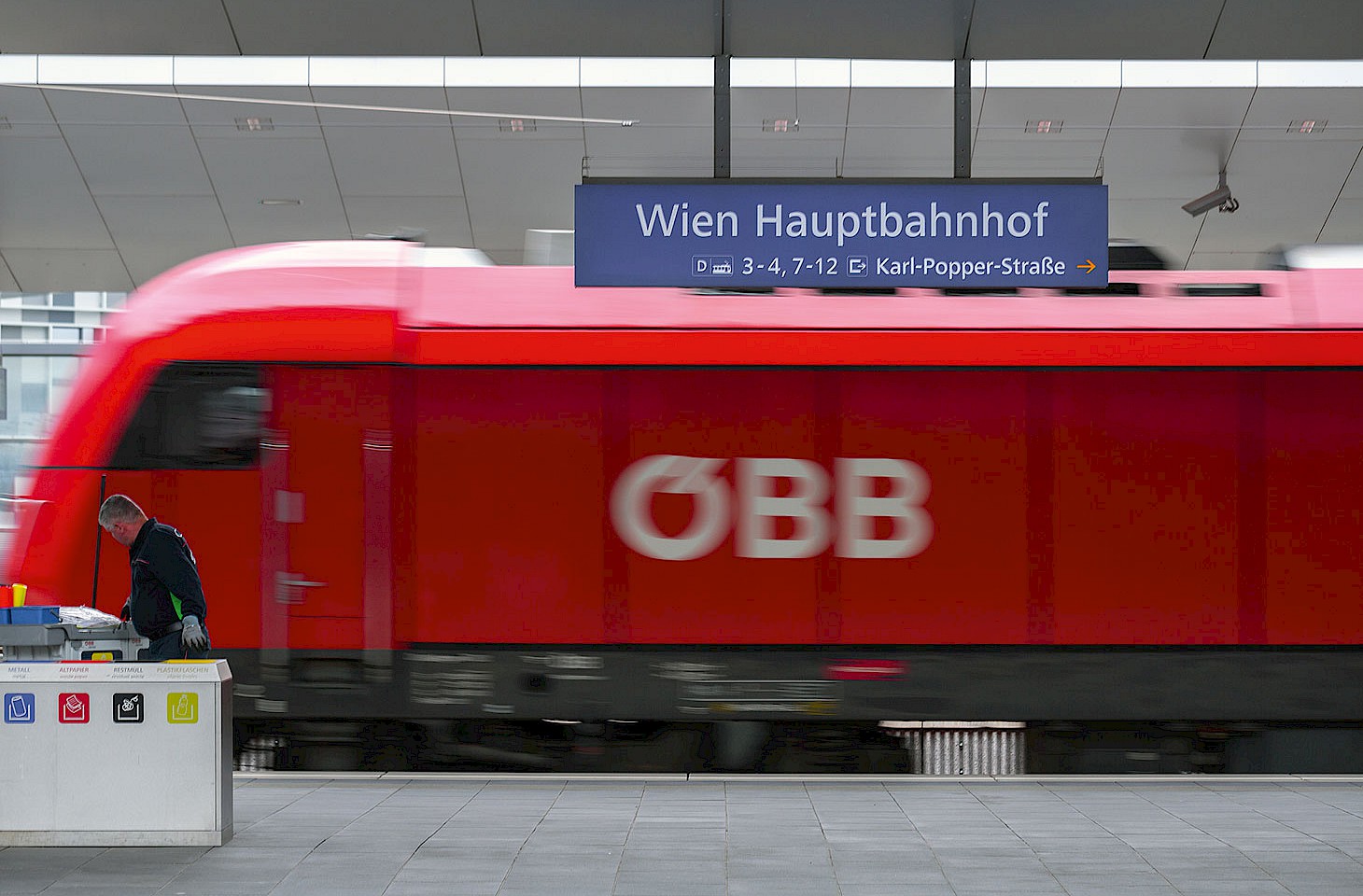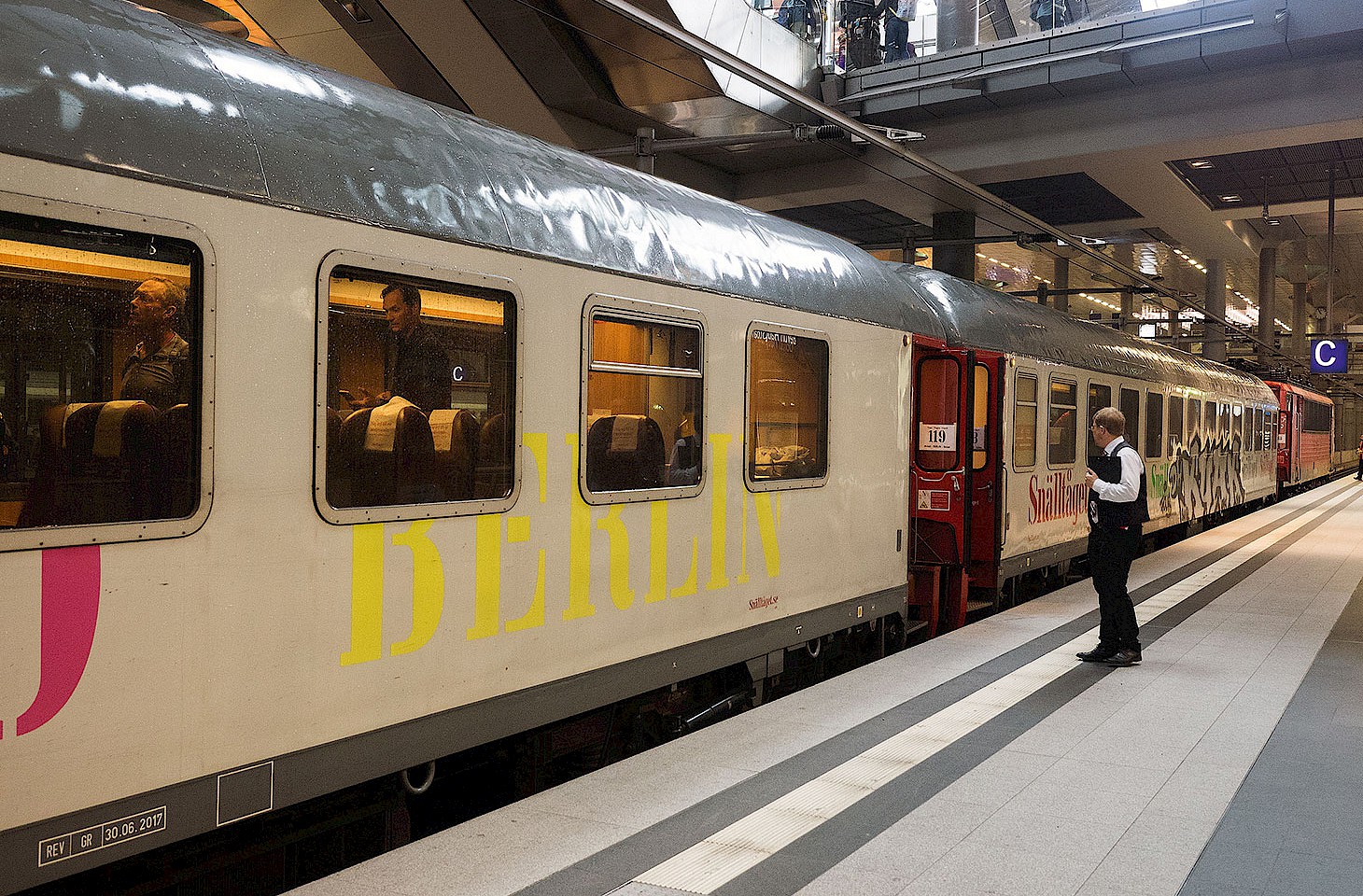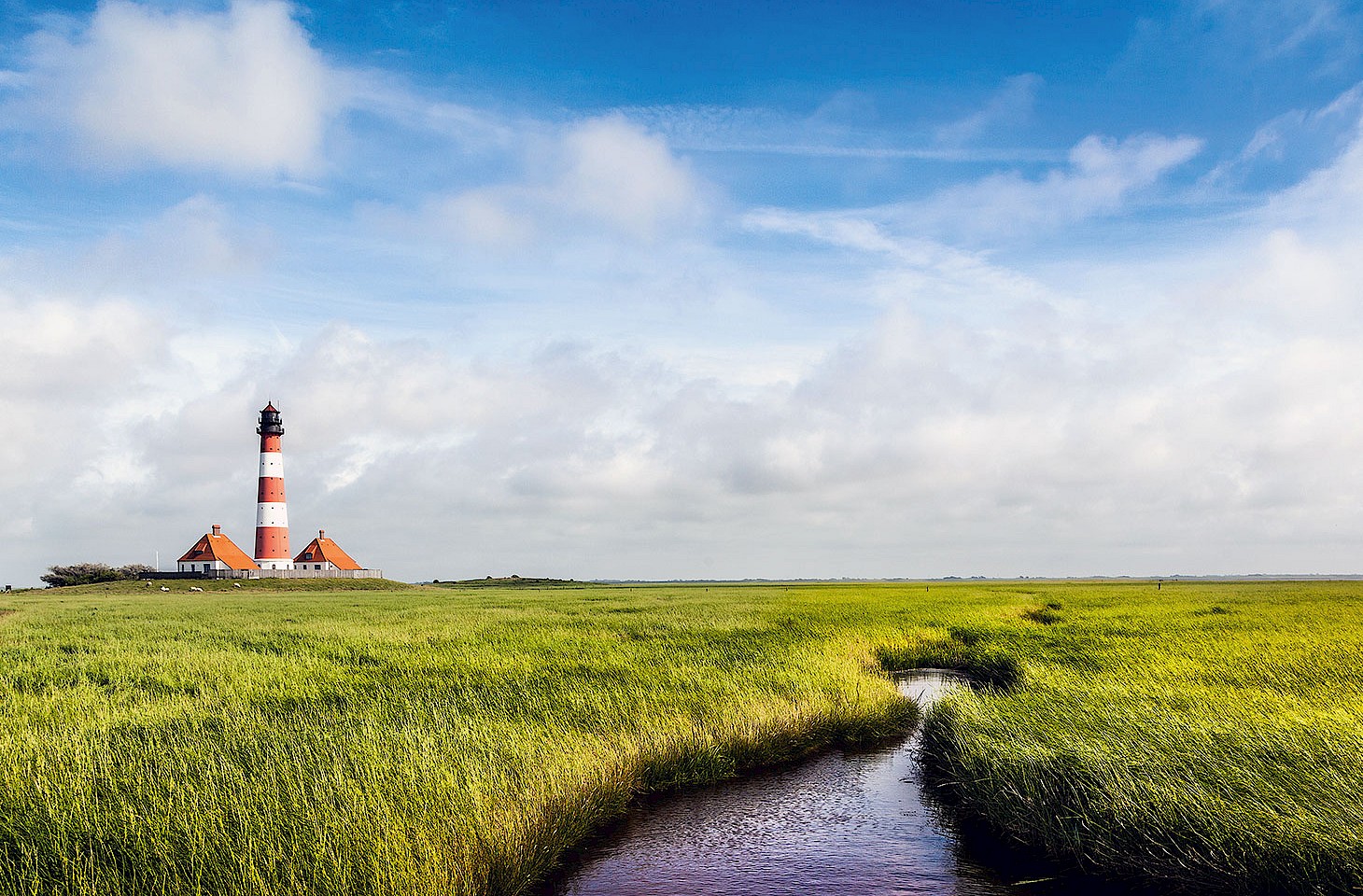Quite how we came to spend yesterday afternoon listening to a score or more national anthems from across Europe is a long tale – and one that need not detain us here. But it made us realise just how dismal is the music of many anthems. Full marks of course to La Marseillaise, an irresistible piece of music which alone might impel many millions of foreigners to apply at once for French nationality.
Not a lot of folk know that Vatican City has its very own ditty, often called the Pontifical Anthem. In our books it rates as one of the very best anthems that Europe has to offer – a piece of music that has a measured grandeur and an evocative spirituality. Germany missed a trick on unification twenty years ago when the East had the old anthem of West Germany foisted upon it. Of the two German anthems, the one from the East had far the better music and in its words (‘Deutschland, einig Vaterland’) presciently anticipated German unification.
Anthems are of course a matter of the heart. But the Italian anthem is such a wonderful piece of music that even Italy’s greatest foes must surely be tempted to sing along. Down towards the bottom of our league table of European national anthems is Liechtenstein’s offering, a frankly dreary piece of music. It says a lot that no-one can even remember who composed the music. But an accomplished piece of music is not necessary to stir the soul. Take that melody that echoes round the stadium at Vaduz before every home match of the Liechtenstein national football team. It surely quickens the hearts of more than just natives of the tiny Principality. For Liechtenstein has no monopoly over the tune. The same music is used as the Royal Anthem of Norway and by the British for their national anthem, God Save the Queen. Presumably when the monarchs of Britain and Norway have a ceremonial meeting, the band just plays the same piece of music twice.
Nicky Gardner and Susanne Kries
(hidden europe)




